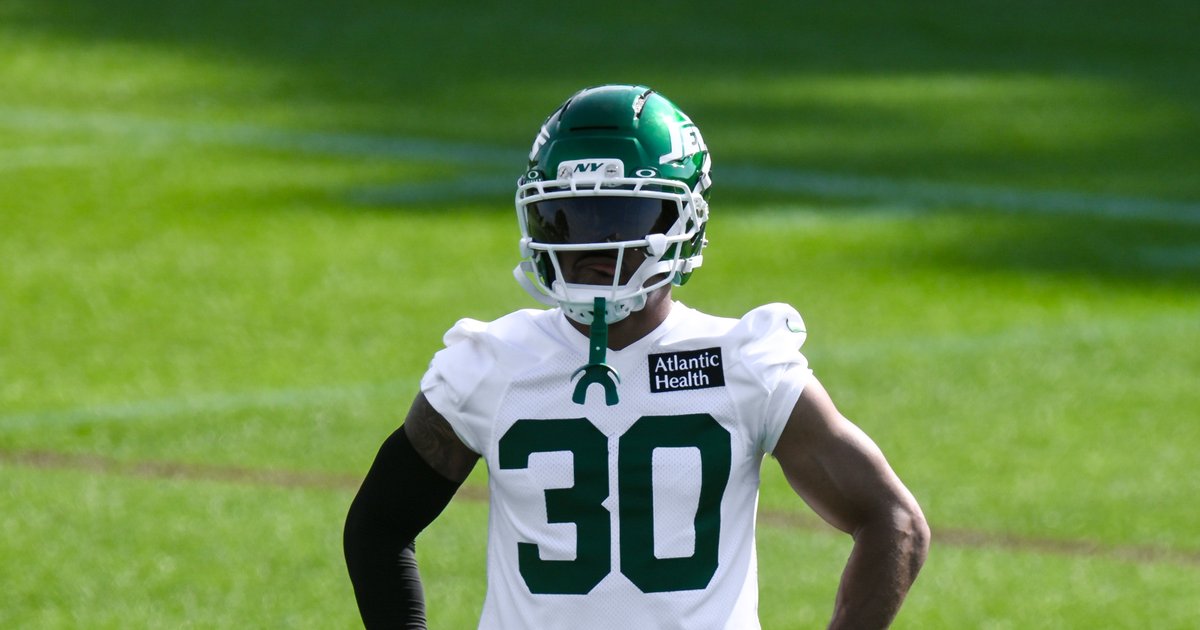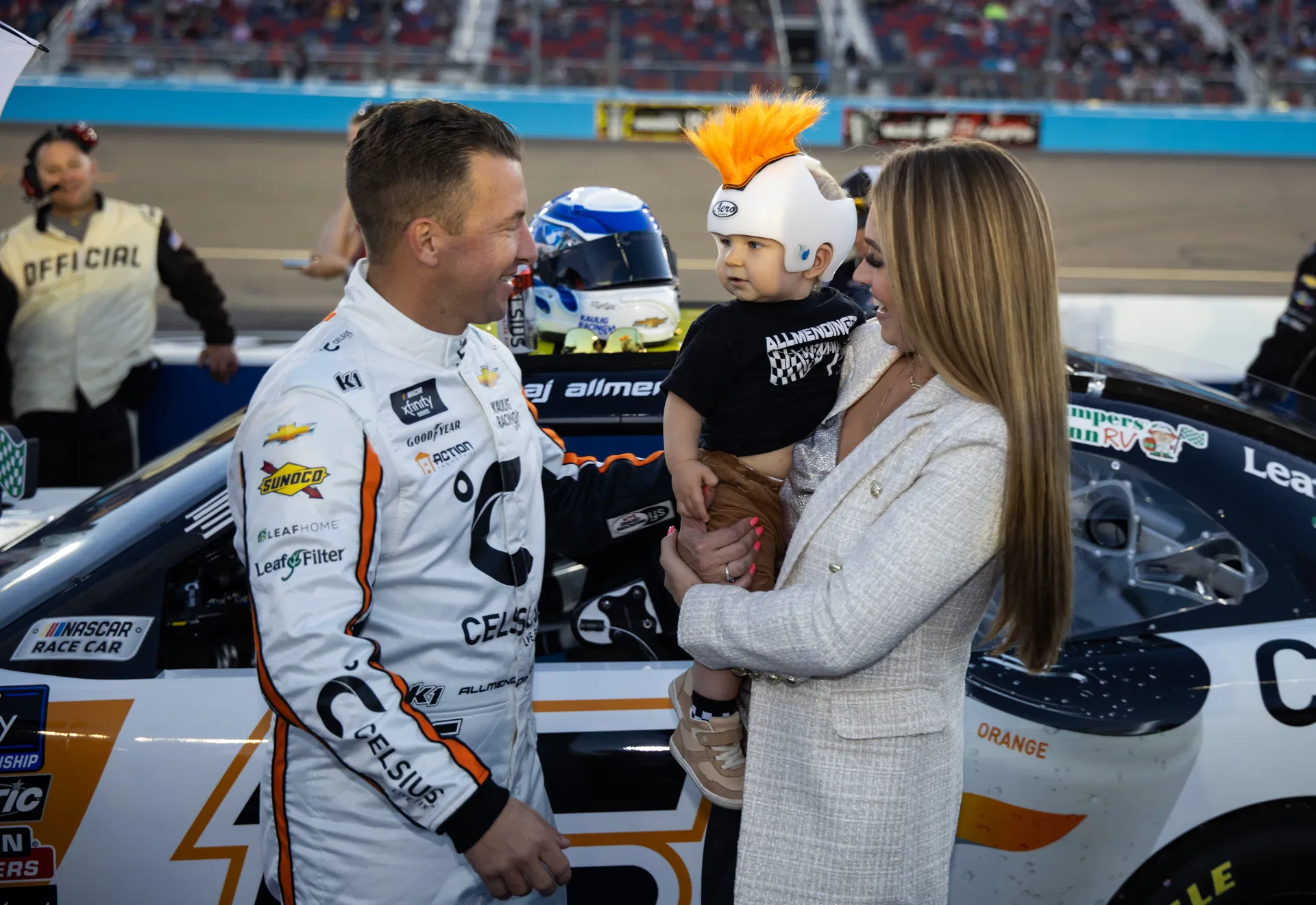Copyright phillyvoice

The Eagles on Wednesday got ahead of all the imminent trade deadline moves by shoring up their defensive backfield, trading for Jets defensive back Michael Carter II, known as "MC2." They gave up a low draft pick and wide receiver John Metchie III. Carter is an interesting prospect who has played multiple positions in his career. He was a safety at Duke before being drafted by the Jets in the fifth round of the 2021 draft to play nickelback, with some very occasional reps at outside corner and safety. He was good enough for the Jets to sign him to a three-year, $30 million extension in 2024 that made him the NFL's highest-paid nickelback at the time. But he eventually saw his playing time diminish and struggled to stay healthy. For the moment, Carter can be viewed as a high-upside depth piece. Eagles defensive coordinator Vic Fangio has been committed to keeping Cooper DeJean in the slot, on Tuesday calling DeJean "a damn good nickel" and "one of the best nickels in the league." But DeJean has also played outside corner in the team's base formations that take the nickelback off the field, and Fangio in the same press conference mentioned that the team has considered at times moving DeJean outside. Fangio has also said the lack of another high-level nickelback has made that contemplation of moving DeJean outside moot. "You hate to take a really good player at one position to maybe not be as good of a player or impactful of a player at another position," Fangio explained. "But it's definitely something that we've talked about." Fangio was quickly asked if finding a nickelback is easier than an outside corner, to which said he said that line of thinking is correct before adding: "But we haven't solved that yet." Could Carter be the solution? There's much to unpack with that question, and we won't truly get any clues until the Eagles resume practice next week. Even then, we'll only have some answers until Carter actually gets onto the field in a game. For now, let's look at some facts and answer some early questions about Carter: Who is Michael Carter II? Carter is 26, in his sixth NFL season, and spent the first 5.5 years with the Jets. At Duke, he was a three-star recruit who emerged into an outstanding, well-rounded safety who played 46 games – starting 36 – and logged 135 tackles, 7.5 tackles for a loss, 1.5 sacks, and four INTs. Carter's 24 pass breakups are 10th in school history. The Jets picked him in the fifth round of the 2021 draft. Oddly, in the same draft, they picked a running back with the exact same name from Duke's rival, North Carolina. Neither are currently with the team. Carter played the slot on 83 percent of his Jets snaps, per PFF, but saw a decrease in overall playing time since coming back from a back injury last season. For his Jets career, Carter had 26 PBUs, 2 INTs, 1 sack, 10 TFLs, 3 QB hits in 65 games, 25 of which he started. Why did the Jets move him? The Jets are ... a mess. Start there. They're constantly hiring and firing head coaches and GMs. They fired head coach Robert Saleh last year five weeks into the season and weeks later fired GM Joe Douglas, who had drafted Carter and given Carter the big contract. In the offseason, the Jets hired Aaron Glenn as their head coach. The former Lions defensive coordinator who was also once an elite Jets cornerback plays much more man coverage than Saleh did. The new GM immediately drafted two defensive backs and in September traded for Titans cornerback Jarvis Brownlee, who has played most of his snaps this season in the slot. MORE EAGLESPhiladelphia Eagles 2027 draft picksEagles RB Saquon Barkley's record-breaking 2024 was a unicorn season, until it wasn'tEagles OL Brett Toth crushed his first NFL start at center After signing that big contract, Carter struggled to stay healthy. He sustained a back injury Week 4 last year that sidelined him Weeks 5-6. When he returned, interim HC Jeff Ulbrich was already increasing DB Isaiah Oliver's role in the slot. Carter's played 35% of the defense in Week 7 and 22 percent in Week 8. In Weeks 11 and 12, he didn't even crack 20% while Oliver continued to see his slot snaps skyrocket. This year, Carter played about 70% of the defense in Weeks 1 and 3 but less than 45 percent in Weeks 2 and 4. A severe concussion he sustained Week 4 shelved him for the next three weeks, and with the trade Nov. 4 trade deadline approaching, the Jets limited him to just 6 snaps in their Sunday win over the Bengals. The Jets are no stranger to trade deadline fire sales. They've now traded away at least one player every year for the past seven seasons, including Leonard Williams, Joe Flacco, Mecole Hardman and Mike Williams. What does Carter bring to the Eagles? At very least, depth and optionality. Carter immediately becomes the team's most experienced, dependable backup slot if Cooper DeJean were to get hurt. Veteran slot Parry Nickerson had a cameo on the 53-man roster but is back on the practice squad. Rookie Mac McWilliams isn't ready for that assignment if DeJean were to go down. Carter's safety pedigree also makes him a logical fill-in if Reed Blankenship or Andrew Mukuba suffer an injury. Fangio has already decided that third-year safety Sydney Brown isn't the right fit for his scheme. Brown is relegated to special teams. Fangio likes hybrid safeties who can cover and play nickelback, which makes Carter an obvious next-man-up at that position, too. Then there's the CB2 issue opposite Quinyon Mitchell, with Adoree' Jackson and Kelee Ringo just being OK. The Eagles were fortunate that their last two opponents, the Vikings and Giants, didn't pick on that position. They won't be as fortunate coming out of the bye against the Packers and Lions. The Eagles had hoped to fix this spot in training camp by trading for Raiders CB Jakorian Bennett but Bennett's stint on Injured Reserve has stunted his growth within the scheme. Carter should not be viewed as another candidate to compete with the Jackson-Ringo-Bennett mix. He's not an outside corner. But if Fangio doesn't think he can win with any of those three options, he can move DeJean outside and feel better about Carter holding down the important slot position. Fangio will get Carter on the practice field Thursday when the team reconvenes and see how Carter and other others perform in practice before making any personnel decisions. What we see in Week 10 could be very different from Week 12 or beyond. How has Carter performed? Beyond the aforementioned basic data, Carter has been targeted 13 times this season, allowing nine receptions for 123 yards for a QB rating of 99.2, per PFF. For comparison, DeJean has allowed a QB rating of 91.1. From the slot, Carter's QBR against is 97.5 while DeJean's is 86.6. Keep in mind, stats like these lack context – play call, down and distance, and pass rush aren't factored. Allowing an 8-yard pass on 3rd-and-10 is a job well done, but it's a completion against in the box score. In his best seasons, 2022 and 2023, Carter's passer rating allowed, per NFL Pro, was 78.3 and 75.3, respectively. In 2023, he registered a -12 coverage EPA, 23rd best in the NFL for a defensive back with at least 400 snaps. Two interceptions on more than 2,600 career snaps shows he's not a ballhawk. But he's been a more-than-adequate run defender from the slot throughout his career. How invested are the Eagles in Carter long-term? They aren't. Despite signing that big contract just last year, Carter deleted the $6 million guaranteed for injury in 2026 to facilitate his trade to the Eagles, per NFL Network's Ian Rapoport, and he has no more guaranteed money left from the extension, per overthecap. Meanwhile, his base salary balloons in 2026 to almost $10 million – typical of a backloaded contract – which makes him a prime candidate to be released after the season. If the Eagles like what they see, they can always discuss a restructure, but he ain't getting $10 million. SIGN UP HERE to receive PhillyVoice's Sports newsletters. Follow Geoff on Twitter/X: @geoffpmosher



